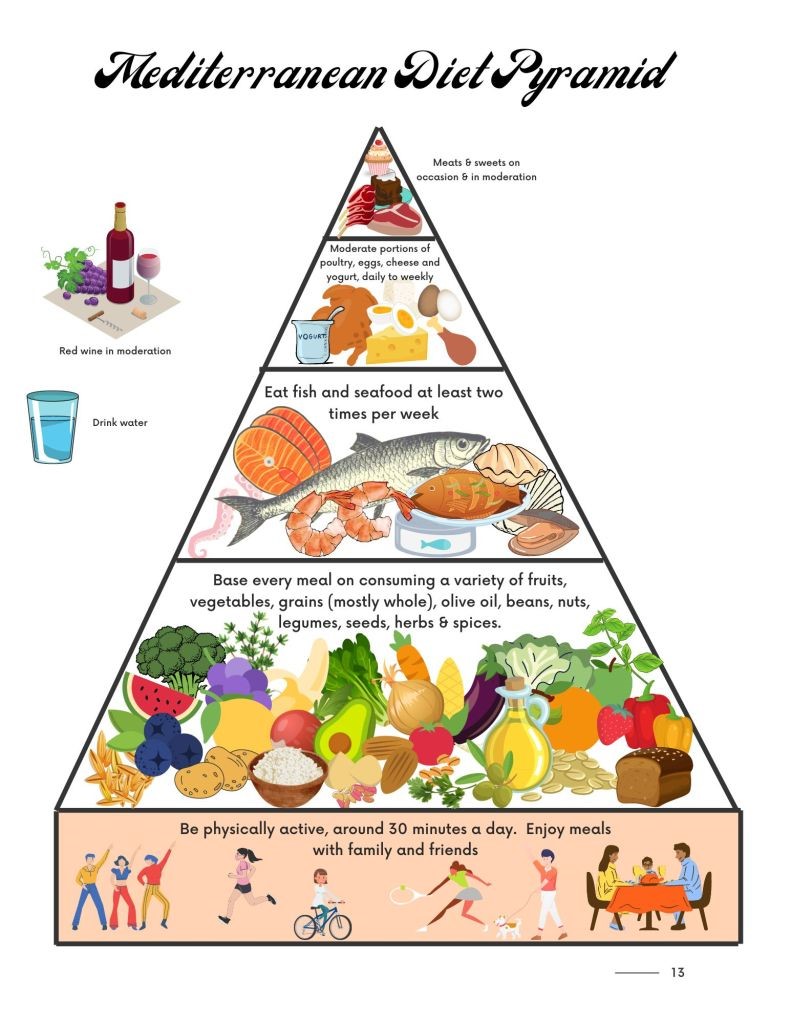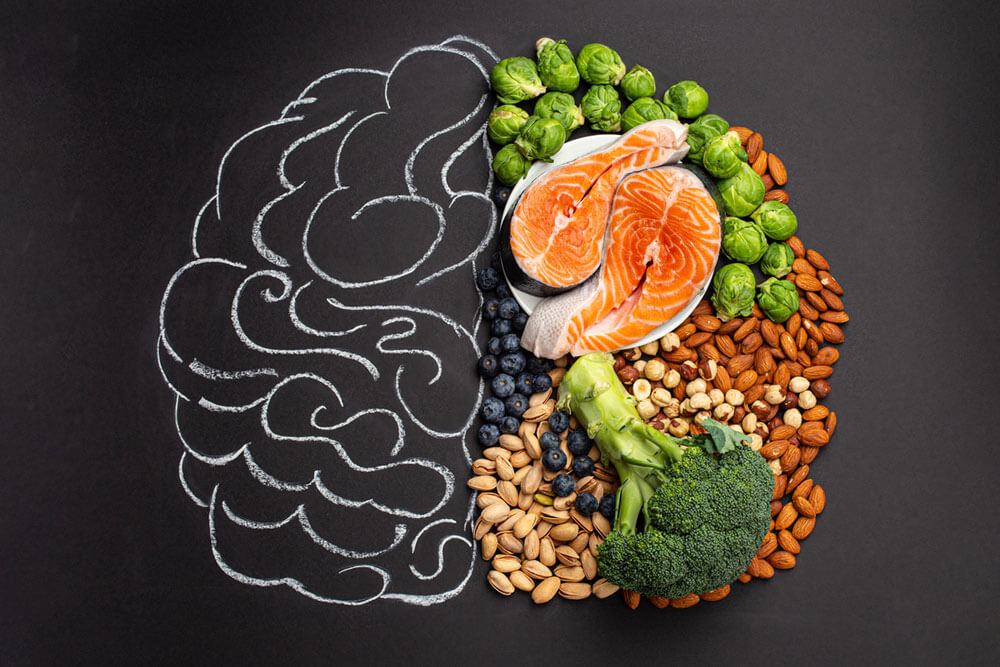Are you tired of scrambling to figure out what’s for dinner every night? Or perhaps you’re looking to save time, money, and reduce food waste? Look no further than meal planning! In this ultimate guide for beginners, we’ll delve into the art and science of meal planning, equipping you with the tools and knowledge to revolutionize your approach to cooking and eating. Meal planning isn’t just about throwing together a list of recipes—it’s a strategic approach to organizing your meals for the week ahead. From creating balanced menus to grocery shopping like a pro, we’ll cover everything you need to know to streamline your kitchen routine and make mealtime stress a thing of the past. Whether you’re a busy professional, a parent juggling multiple responsibilities, or someone simply looking to cultivate healthier eating habits, mastering the art of meal planning will empower you to take control of your diet and your time. So, roll up your sleeves and get ready to embark on a culinary journey that will simplify your life and tantalize your taste buds!
Setting Realistic Goals for Meal Planning
Meal planning can seem daunting at first, but setting realistic goals makes it manageable and even enjoyable. By starting small and building up your skills and habits, you can gradually turn meal planning into a seamless part of your weekly routine. Here are eight practical tips to help you set and achieve realistic meal planning goals.

Start with One Meal Type
If you’re new to meal planning, don’t try to plan every meal of the day right away. Start with one meal type, such as dinners or lunches. Focusing on a single meal can help you get accustomed to the process without feeling overwhelmed. Once you’re comfortable, you can gradually add other meals.
Plan for a Few Days at a Time
Instead of planning for an entire week, begin by planning meals for just three to four days. This shorter time frame is less intimidating and allows you to adjust your plan based on what works and what doesn’t. As you gain confidence, extend your planning to cover the whole week.
Incorporate Your Schedule
Take your weekly schedule into account when planning meals. On busy days, opt for quick and easy recipes, and reserve more complex meals for days when you have more time. Being realistic about your available time prevents the frustration of not being able to stick to your plan.
Use a Meal Planning Template
Using a meal planning template can simplify the process. Templates provide a structured format to list your meals and ingredients, making it easier to organize your thoughts and plans. There are many free templates available online, or you can create your own to fit your needs.
Choose Simple Recipes
Start with simple recipes that require minimal ingredients and preparation time. Simple meals are less intimidating and more likely to be successfully prepared. As you become more comfortable with meal planning and cooking, you can experiment with more complex dishes.
Essential Tools and Resources for Meal Planning
Embarking on a meal planning journey can be made significantly easier with the right tools and resources. These essentials help streamline the process, save time, and ensure you stay organized. Here are eight indispensable tools and resources that can aid in successful meal planning.

Meal Planning Templates and Apps
Using meal planning templates and apps can simplify the process by providing structured formats to organize your meals and grocery lists. Apps like Mealime, Paprika, and Plan to Eat offer features like recipe storage, meal scheduling, and automated shopping lists. Templates, which can be found online for free or created in a spreadsheet, give you a clear overview of your plan for the week.
Reliable Storage Containers
Investing in a good set of storage containers is crucial for meal planning. Choose containers that are microwave-safe, dishwasher-safe, and leak-proof. Glass containers are durable and eco-friendly, while BPA-free plastic containers are lightweight and convenient for on-the-go meals. Having a variety of sizes helps accommodate different portions and types of meals.
A Quality Blender or Food Processor
A quality blender or food processor can save a lot of time in the kitchen, especially for preparing smoothies, sauces, soups, and chopped vegetables. These appliances are versatile and can help you quickly prepare ingredients for various recipes, making the cooking process faster and more efficient.
A Well-Stocked Pantry
Keeping a well-stocked pantry ensures you always have essential ingredients on hand. Stock up on items like canned beans, grains, pasta, spices, and oils. This not only helps in whipping up meals quickly but also reduces the need for frequent grocery trips. Regularly check your pantry to replenish staples as needed.
A Comprehensive Cookbook Collection
Having a collection of cookbooks can provide inspiration and variety to your meal planning. Look for cookbooks that align with your dietary preferences and cooking skill level. Many cookbooks also offer tips on meal prep and storage, which can be particularly useful for beginners.
Overcoming Common Meal Planning Challenges
Meal planning can present various challenges, but with the right strategies, you can overcome them and make the process more manageable. Here are key points to address common meal planning obstacles.
- Time Constraints: Set aside dedicated time each week for meal planning. Use tools like meal planning apps and templates to streamline the process.
- Dealing with Picky Eaters: Involve family members in meal selection and consider offering a variety of options to accommodate different preferences.
- Managing Leftovers: Repurpose leftovers into new dishes to minimize waste and save time on meal prep.
- Balancing Nutrition: Focus on creating balanced meals that include a variety of food groups and nutrients.
Conclusion
Embarking on the journey of meal planning can truly transform your approach to nutrition and overall well-being. By implementing the strategies outlined in this guide, beginners can take confident strides towards healthier eating habits, increased savings, and reduced food waste. Whether you’re aiming for weight management, better energy levels, or simply seeking culinary inspiration, mastering the art of meal planning is a skill that pays dividends in the long run.
For further inquiries, personalized guidance, or to share your own meal planning success stories, feel free to reach out to Core Recovery. Located in Ahwatukee, AZ, our team is dedicated to assisting you on your wellness journey. Contact us at 602-926-7729, and let’s embark on this transformative journey together.





